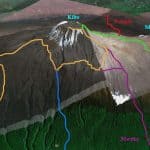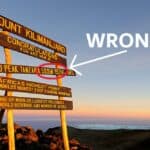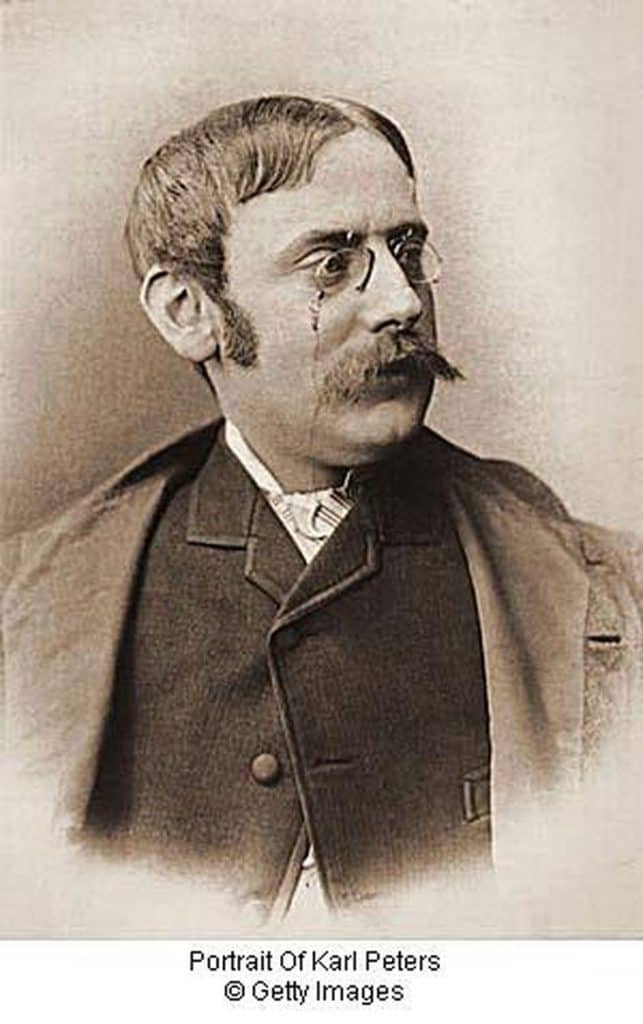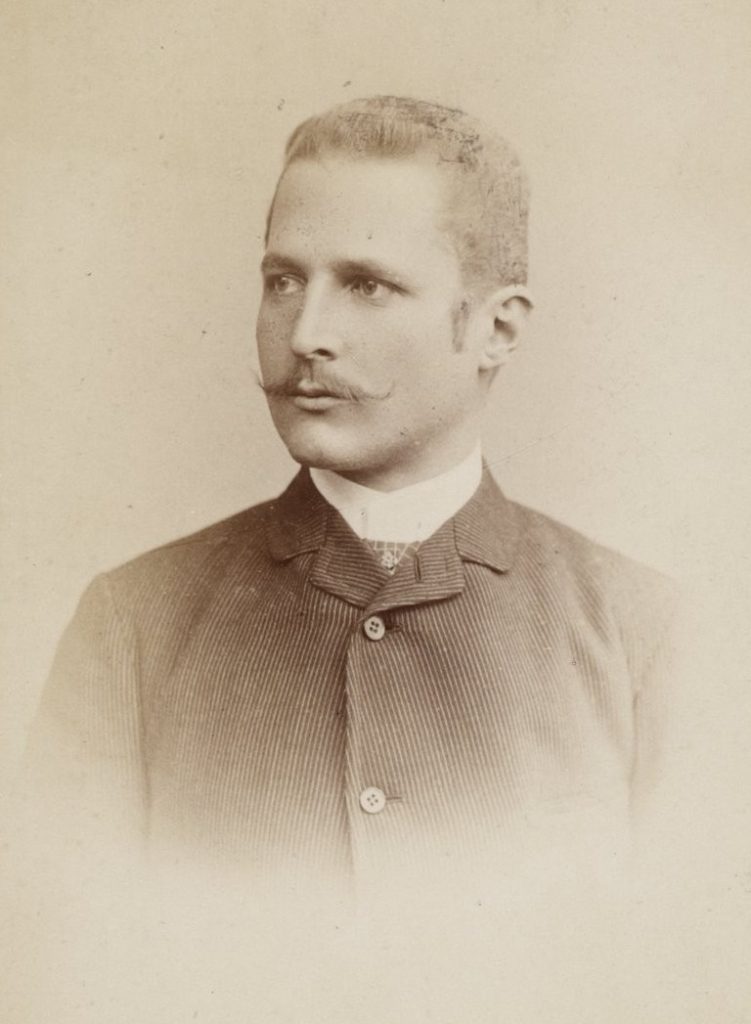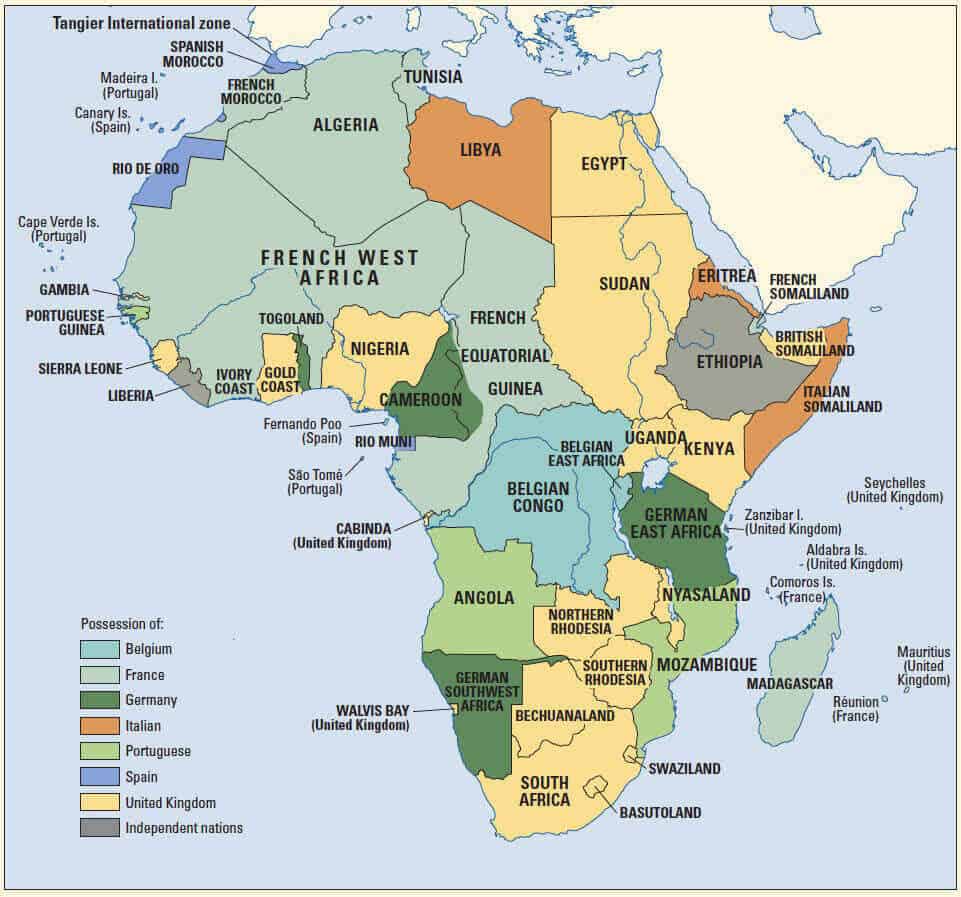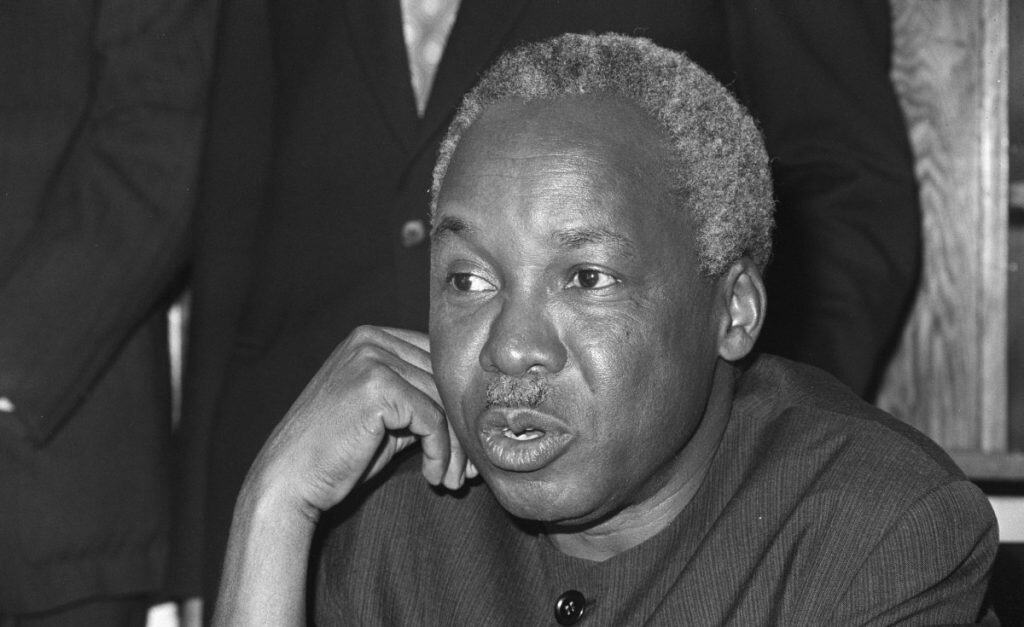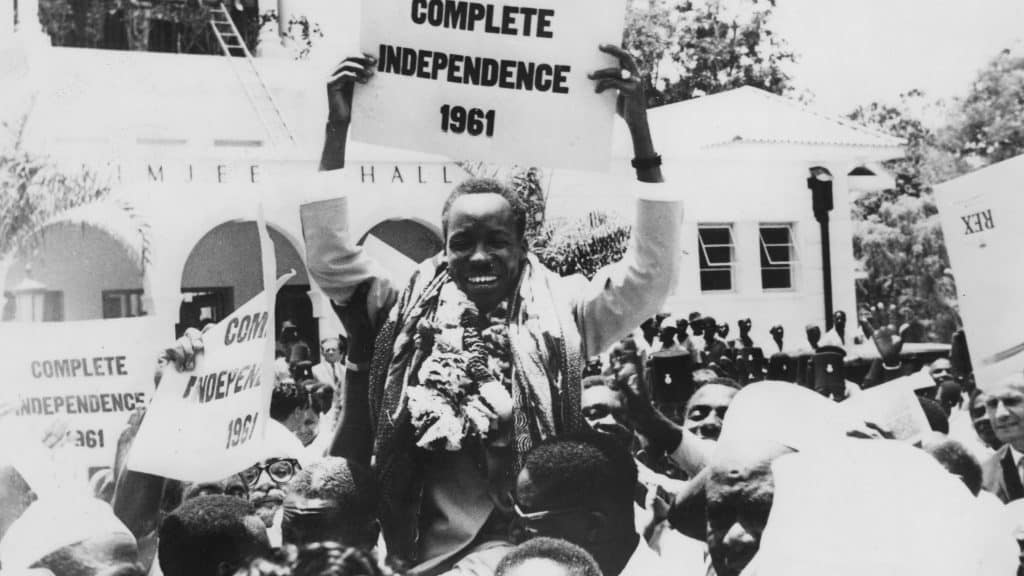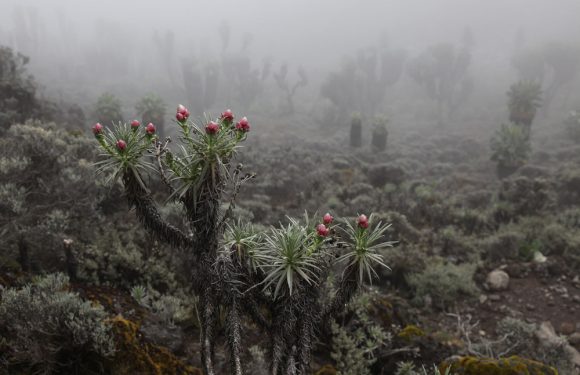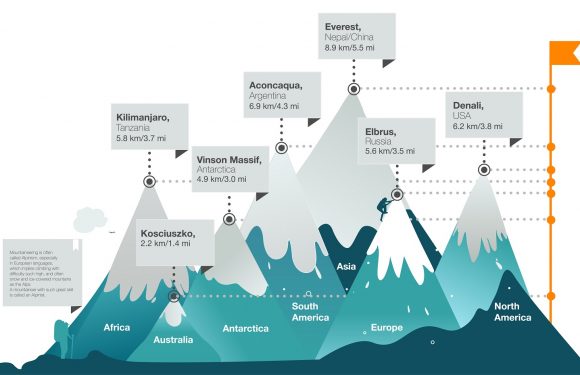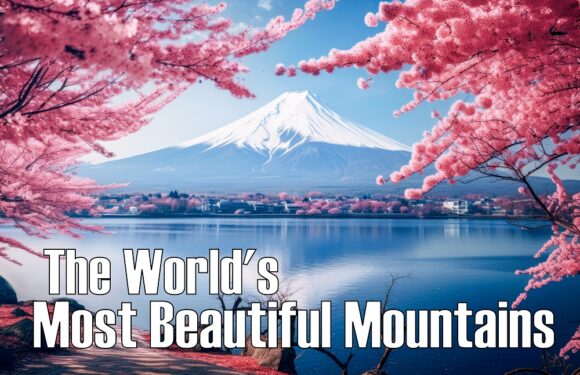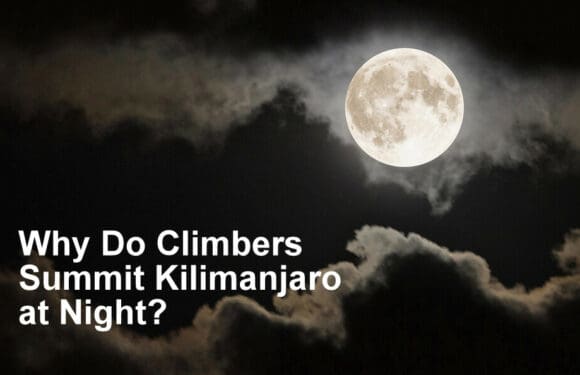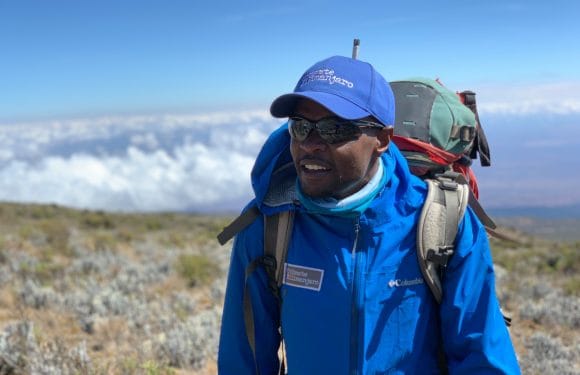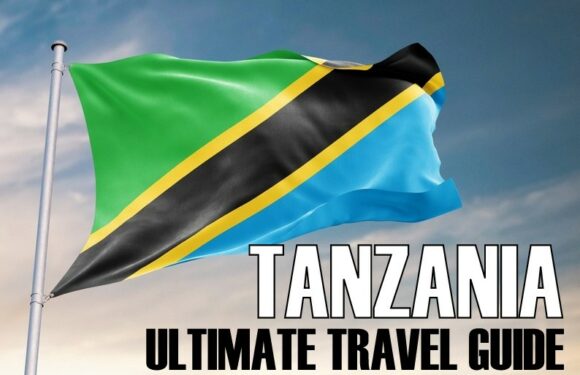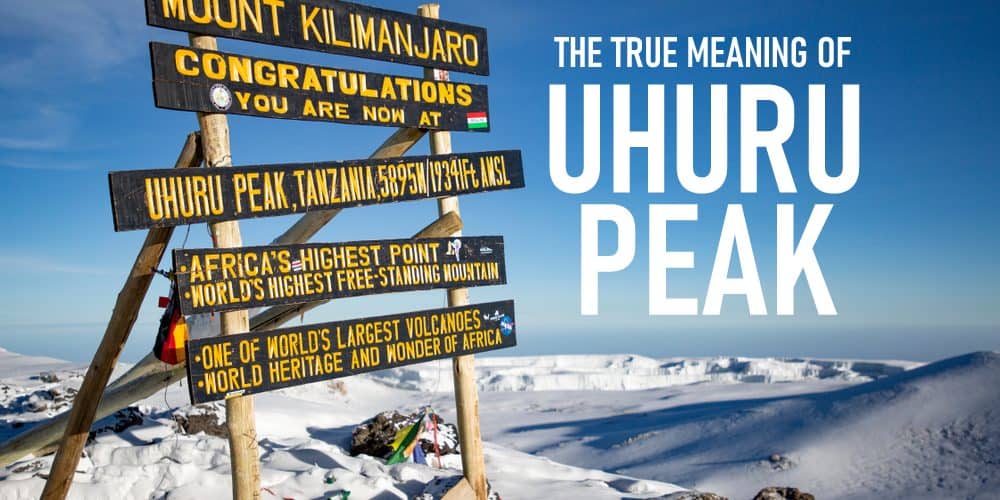
The summit of Mount Kilimanjaro lies at 19,340 feet (5,895 meters) above sea level.
It is called Uhuru Peak.
In Swahili, uhuru means “freedom.”
However, to truly understand the meaning behind the name, we have to go back in history.
German Colonization of East Africa
Mount Kilimanjaro was first encountered by European explorers in the 1830s.
Carl Peters, a German explorer, traveled to East Africa in 1884. There, he was able to obtain treaties with local African and Arab chiefs for exclusive land rights and trade routes. He formed a company called the German East Africa Company, which eventually became a German protectorate in 1885. Peters was declared its chairman.
The imperial colony German East Africa included present-day Tanzania (with the exception of Zanzibar), Burundi, Rwanda and Mozambique. The British had taken control of the island of Zanzibar.
From Kibo to Kaiser-Wilhelm Peak
Kilimanjaro’s summit was called Kibo by local Chagga people. The name was derived from the word kipoo, which means “spotted” and refers to the many exposed black rocks that stand our against the snow.
The mountain’s second peak was (and still is) called Mawenzi. The name was derived from kimawenze, which means “broken” and describes its jagged appearance.
The first person to conquer Kilimanjaro was German geologist Hans Meyer. Upon reaching the summit on October 6, 1889, Meyer planted the German imperial flag on the peak. He renamed the summit to Kaiser-Wilhelm-Spitze (“Kaiser Wilhelm Peak”), after Kaiser Wilhelm II – German Emperor and King of Prussia.
This symbolic gesture confirmed German colonial rule over the mountain and territory.
The End of Germany’s Rule
Tanzania as it is known today was under German rule from 1880 until 1919. During this period, Germany was the third-largest European colonial power in Africa after the United Kingdom and France.
During World War I, the British and Belgian armies invaded east Africa. After Germany was defeated in 1919, German East Africa was divided under the Treaty of Versailles.
The British took control of present day Tanzania after the League of Nations granted Britain a protectorate to rule the country.
The British named the territory Tanganyika, which could mean “goldmines” in the Tamil language.
Independence for Tanganyika and Zanzibar
Tanzania’s independence movement started in 1954. It was led by school teacher Julius Nyerere.
Nyerere organized a political party called the Tanganyika African National Union (TANU), which had an anti-colonial agenda. He campaigned for Tanganyikan independence from the British Empire and won the general election to become Prime Minister in 1960. The British ceded control of Tanganyika in 1961.
Two years later, Zanzibar gained its freedom as well.
In 1964, Tanganyika and Zanzibar formed a union and called it The Republic of Tanzania, a combination of the names of the two states.
Uhuru – Freedom for Africa
When Tanganyika gained its independence, the summit was renamed again as part of the decolonization process.
This time, it was appropriately named Uhuru Peak, meaning “freedom” in Swahili.
The name represents the hard earned freedom of Tanzania and Africa. The Republic of Tanzania proudly gained its independence at the same time as many of its neighboring countries.
On midnight on December 8, 1961, Lieutenant Alexander Nyirenda hoisted Tanzania’s national flag on the summit, along with the Uhuru torch. It’s one of the most dramatic images of Tanzania’s independence.
We will light a candle on top of Mount Kilimanjaro which will shine beyond our borders, giving hope where there is despair, love where there is hate, and dignity where before there was only humiliation.
Julius Nyerere
Today, many climbers take their photo next to a wooden sign that marks the highest point of Kilimanjaro. The picture captures the spirit of human achievement – a person’s ability to overcome obstacles to reach a goal.
Perhaps now that you know the history behind the words Uhuru Peak, you might also think about the country and its citizens who overcame its obstacles to gain its freedom.
_____

